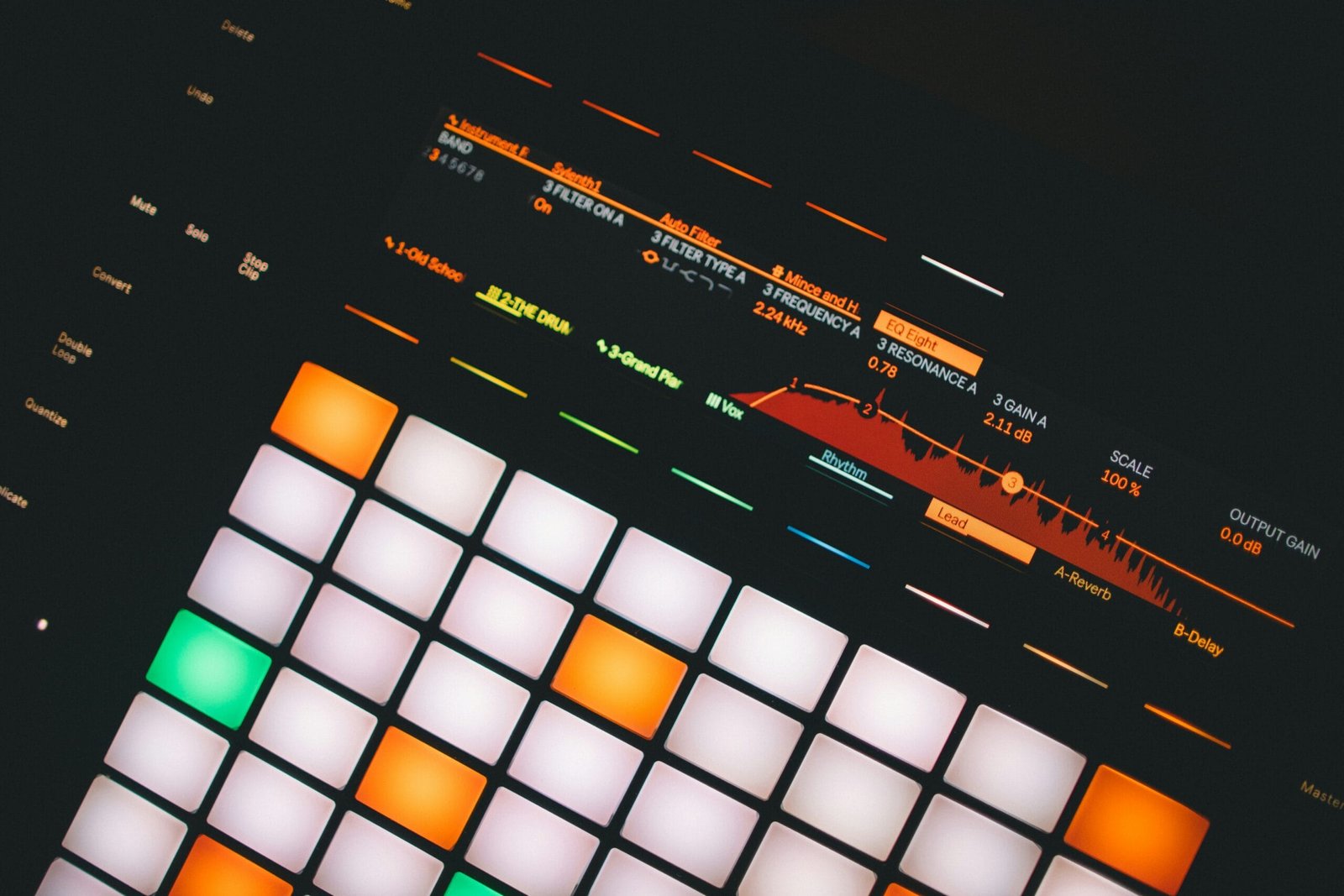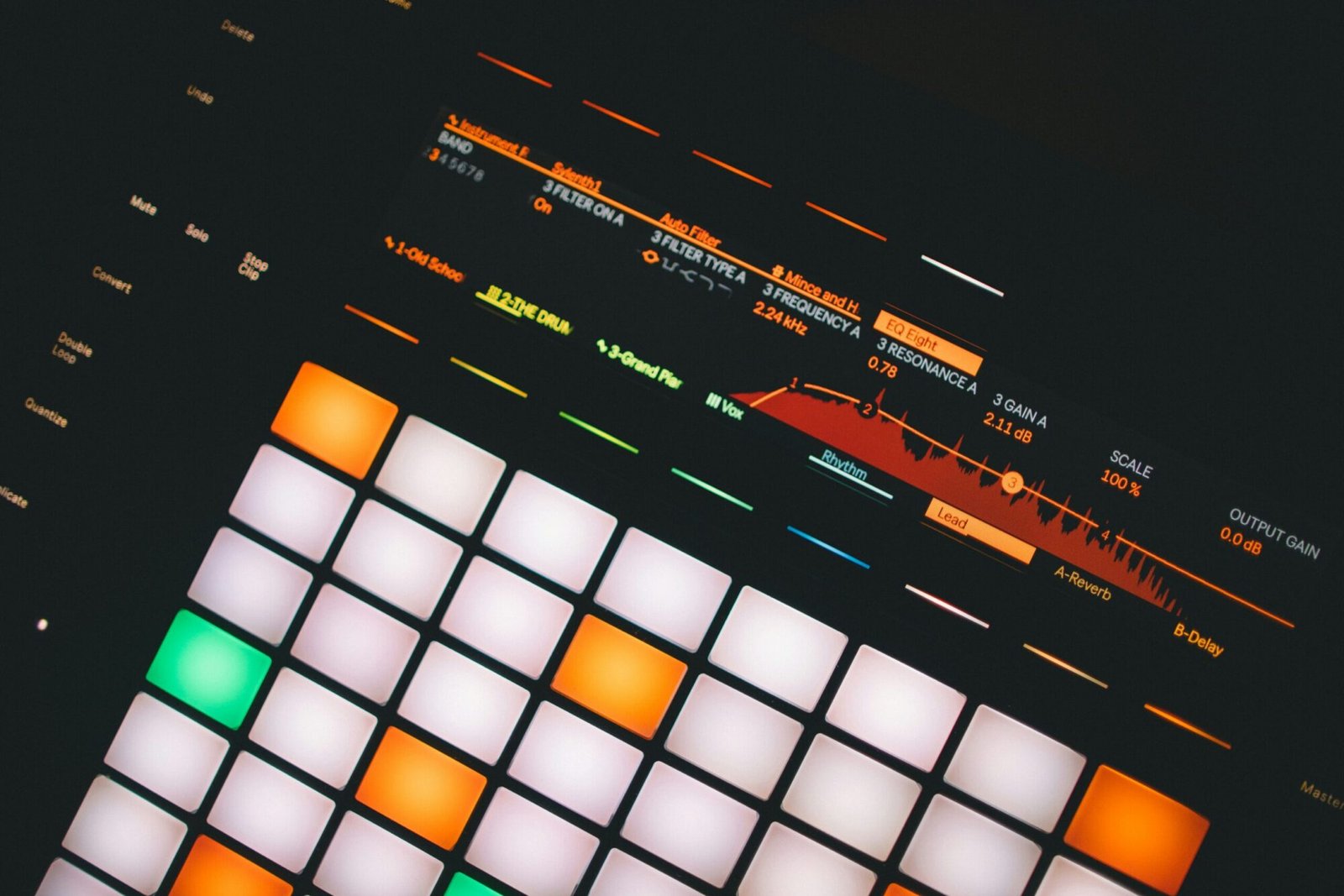Understanding Mixing and Mastering
When it comes to music production, mixing and mastering are two crucial processes that can greatly impact the quality of your tracks. Mixing involves balancing levels, panning, and adding effects to individual sounds to create a polished audio experience, while mastering takes the final mixed track and prepares it for distribution. These stages transform a good track into a great one!

Why You Should Mix Your Music
Mixing is often described as the art of making elements in a song work cohesively. By carefully adjusting the levels and applying EQ, reverb, and compression, you can enhance clarity and create a captivating listening experience. A well-mixed track ensures that every instrument and vocal can be heard and appreciated, allowing listeners to fully engage with your music.
The Benefits of Mastering
Mastering is the final touch that gives your music its professional polish. This process ensures that your track sounds great on every playback system, whether it’s a top-of-the-line stereo or a pair of earbuds. A mastered track maintains a consistent volume level and dynamic range, making it competitive with other tracks in the industry. Ultimately, mastering can elevate your music to get noticed by listeners and industry professionals alike!
In conclusion, mixing and mastering are essential steps in producing high-quality music. Investing time and resources into these processes can make a significant difference in how your music is perceived. So, don’t skip these vital stages—give your music the treatment it deserves!

